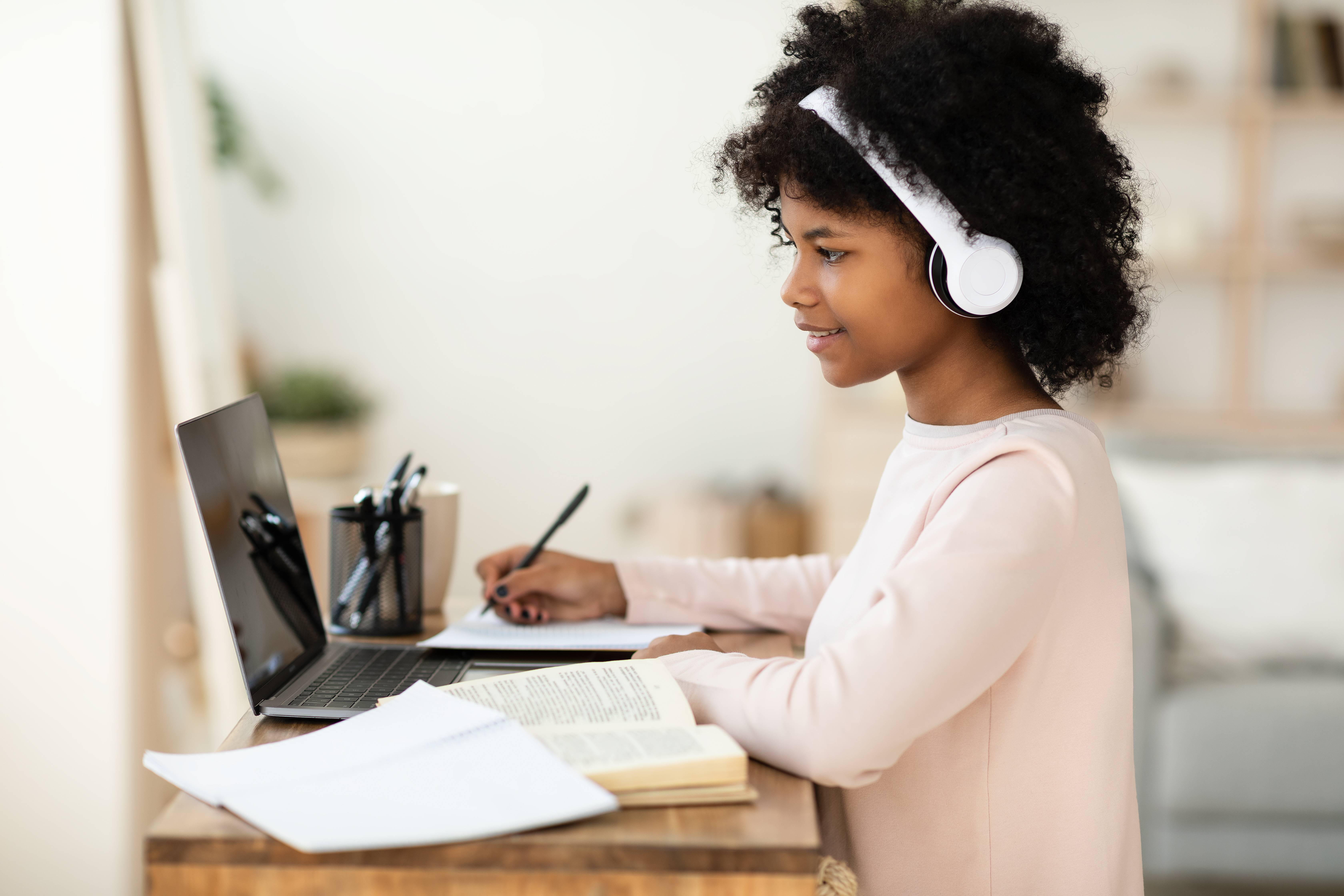It is not a secret that children in the United States are negatively affected by COVID-19. With many schools still closed and remote classes in effect, parents and teachers alike are worried about the children they care for, and rightfully so. “The risk of coronavirus outbreaks has been the primary concern,” according toThe New York Times “But shutting school and going remote will also inflict a serious cost, borne by students: a loss of learning and social-emotional development.” In this article, we will explore COVID-19’s negative effects on social-emotional development and learning, as well as a solution to soften its blow and put our children back on the path toward success.
Negative Effects on Learning
As necessary as remote learning may be right now, switching from in-person to virtual is not as easy for students and their families as we would like it to be. A lower-income student who, for example, doesn’t have access to a good internet connection and a working computer, will be at a clear disadvantage compared to their more affluent peers. It is imperative that we come up with solutions that help all children gain access to education—not just those who can afford it.
Zoom™ fatigue is another negative effect to keep an eye on, according to The Monitor. Zoom fatigue is the result of too much online activity. Between online video calls, homework, surfing the web, and entertainment, this issue is not all that surprising. Alfonso Mercado, a psychology associate professor at the University of Texas Rio Grande Valley, said Zoom fatigue makes learning impossible. We need to keep in mind that the Internet is a wonderful tool during a time of crisis such as now, but too much or too little of a good thing—especially when it comes to technology and our children—can spell disaster.
Negative Effects on Social-emotional Development
On the surface, the impact of COVID-19 on our children’s social-emotional development is clear. Kids need to cultivate healthy relationships with peers and adults outside of the home, but as we’re in the middle of a pandemic, this can be almost impossible. Cut off from their friends, teachers, and mentors, with a screen as their only form of connection—which, as we discussed, is not always possible—is difficult, to say the least.
Another adverse effect that we must consider is trauma and trouble at home. Although beneficial to students, it is unfortunate that schools in the United States function as a safe haven for many children who seek emotional support or even a meal to eat. John B. King Jr., president and chief executive of The Education Trust, said we should consider “the social and emotional impact on children . . . who are in homes where there’s been trauma from COVID-19 or trauma from the economic crisis. There are kids affected by violence or addiction or abuse who’ve been without the supportive relationships they have at school. That’s going to take a toll on our children that’s going to be with us for a long time.” While we can’t magically resolve COVID-19 or the other major societal issues of today, we still need to think of ways to stave off these negative effects.
There Is a Solution
Despite COVID-19’s negative impact on our children, there is a solution that can mitigate some of the impact to a degree: social-emotional learning (SEL) programming. For example, the Empowering Confident Youth (ECY) program is an innovative and easy-to-implement SEL program that helps students develop passion, purpose, and an entrepreneurial spirit—either online or in person. To learn more about the ECY program and get a free workshop sample, visit EmpoweringConfidentYouth.com today.
Zoom™ is a trademark of Zoom Video Communications, Inc.


